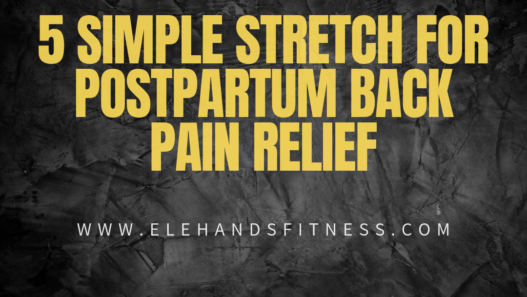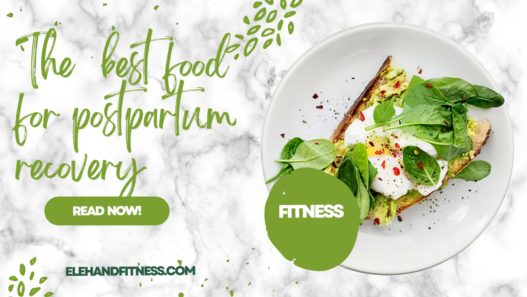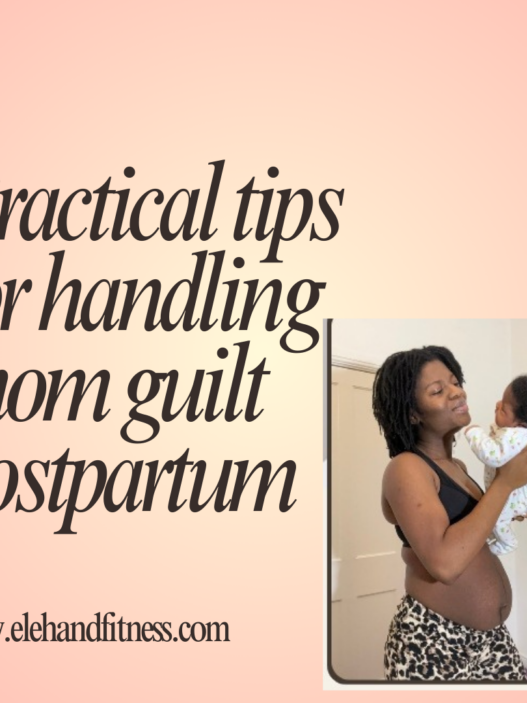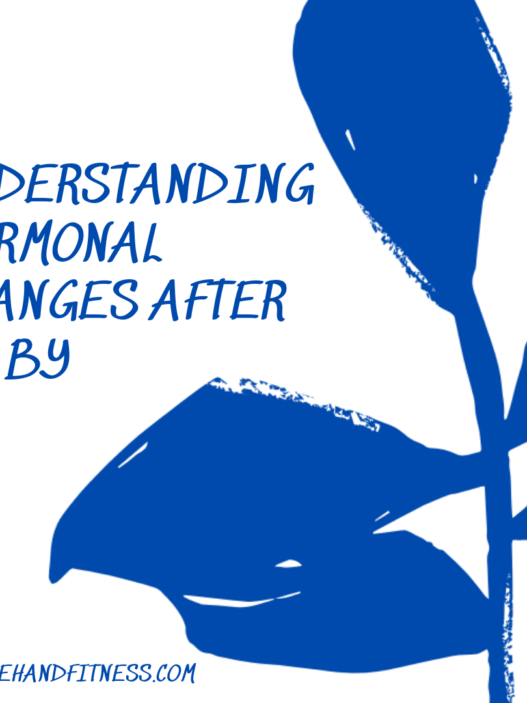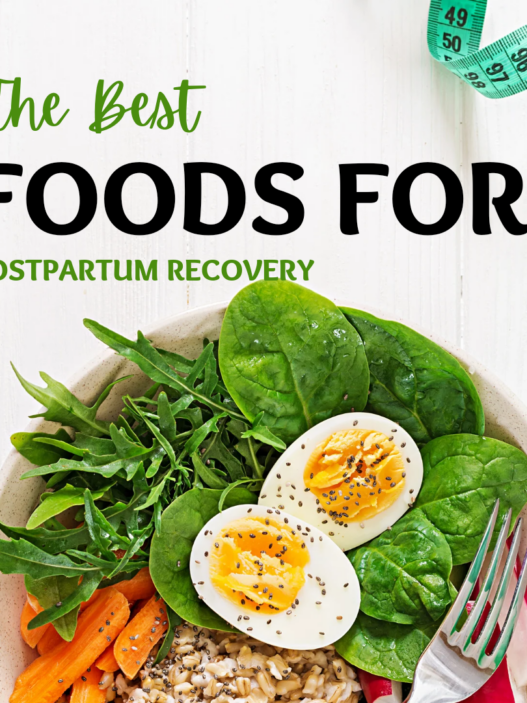Quick Tips for Managing Postpartum Anxiety
Becoming a parent is a life-changing experience filled with joy and challenges. However, for many new mothers, postpartum anxiety (PPA) can overshadow the excitement of welcoming a baby. Unlike postpartum depression, which often involves sadness or withdrawal, postpartum anxiety is marked by constant worry, fear, and overthinking. If you’re feeling this way, know that you’re not alone—and there are steps you can take to manage these feelings.
Here are quick and practical tips to help you navigate postpartum anxiety:
- Recognize the Signs
The first step in managing postpartum anxiety is understanding the symptoms. Common signs include:
Excessive worry about your baby’s health or safety.
Trouble sleeping, even when your baby is asleep.
Racing thoughts and constant fear of “what if” scenarios.
Physical symptoms like a racing heart, sweating, or restlessness.
Acknowledging these feelings is key to seeking the right support.
- Build a Support System
Surround yourself with people who can offer emotional and practical support.
Talk to loved ones: Share how you’re feeling with your partner, friends, or family.
Seek community: Join a postpartum support group (online or in person) where you can connect with other mothers experiencing similar challenges.
Ask for help: Don’t hesitate to ask for assistance with household chores or baby care.
- Practice Self-Care
Taking care of yourself is vital for your mental health.
Sleep when you can: Even small naps can help recharge your body and mind.
Eat well: Fuel your body with nutritious foods that stabilize your energy and mood.
Stay hydrated: Drinking plenty of water is essential, especially if you’re breastfeeding.
Take breaks: Step outside for fresh air or engage in activities that make you happy.
- Try Relaxation Techniques
Stress management is crucial for managing anxiety. Consider these techniques:
Deep breathing: Inhale for four counts, hold for four counts, and exhale for six counts.
Meditation: Use guided apps like Headspace or Calm for short relaxation sessions.
Progressive muscle relaxation: Tense and relax different muscle groups to reduce physical tension.
- Limit Information Overload
While it’s tempting to search for every detail about parenting, too much information can increase anxiety.
Filter your sources: Stick to trusted medical or parenting resources.
Avoid excessive Googling: Trust your instincts and consult your pediatrician for health-related questions.
- Set Realistic Expectations
Remember, no one is a perfect parent.
Adjust your standards: Focus on bonding with your baby instead of completing every chore.
Embrace imperfection: It’s okay to make mistakes—you’re learning as you go.
- Move Your Body
Physical activity is a natural stress reliever.
Short walks: Stroll with your baby in a carrier or stroller.
Postpartum yoga: Gentle stretches can improve mood and relax your body.
Light exercise: Consult your doctor before starting any postpartum fitness routine.
- Seek Professional Help
If your anxiety becomes overwhelming or interferes with daily life, reach out to a healthcare provider.
Talk therapy: Cognitive-behavioral therapy (CBT) can help you reframe anxious thoughts.
Medication: In some cases, anti-anxiety medications may be recommended.
Remember, seeking help is a sign of strength, not weakness.
- Focus on the Present Moment
Worrying about the future can intensify anxiety.
Mindfulness: Pay attention to your baby’s coos, smells, and movements.
Gratitude: Reflect on small moments of joy or progress each day.
- Be Kind to Yourself
Motherhood is a journey, not a destination. Treat yourself with compassion and patience as you adjust to your new role.
Final Thoughts
Postpartum anxiety is a common and manageable experience. By implementing these strategies and seeking support, you can create a more peaceful and joyful postpartum period. Remember, you are doing an incredible job, and it’s okay to take things one step at a time.
If your anxiety persists or worsens, don’t hesitate to consult your doctor or a mental health professional. You are not alone, and help is available.
Did this article resonate with you? Share your thoughts or tips in the comments below!



